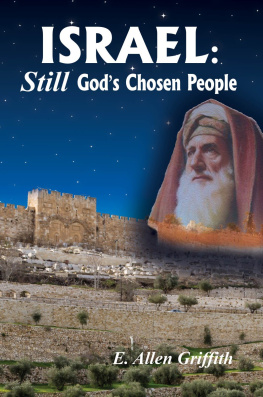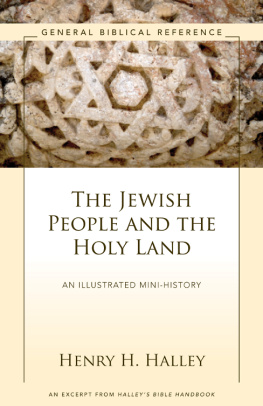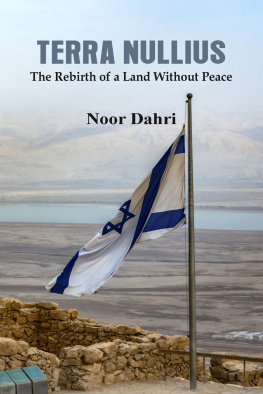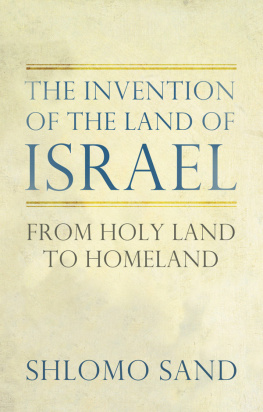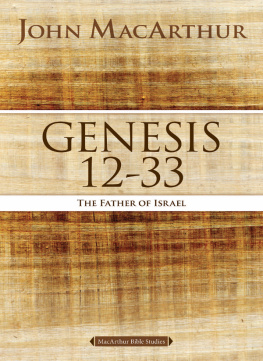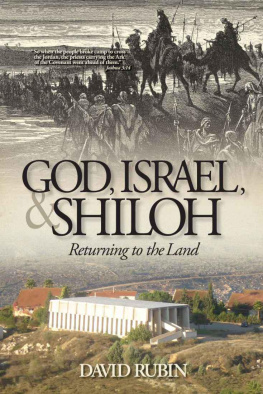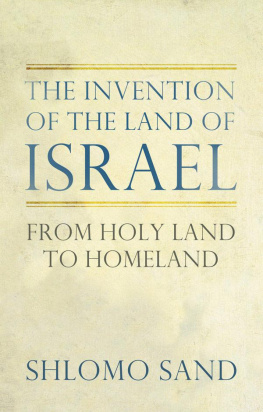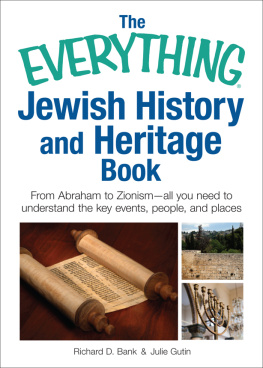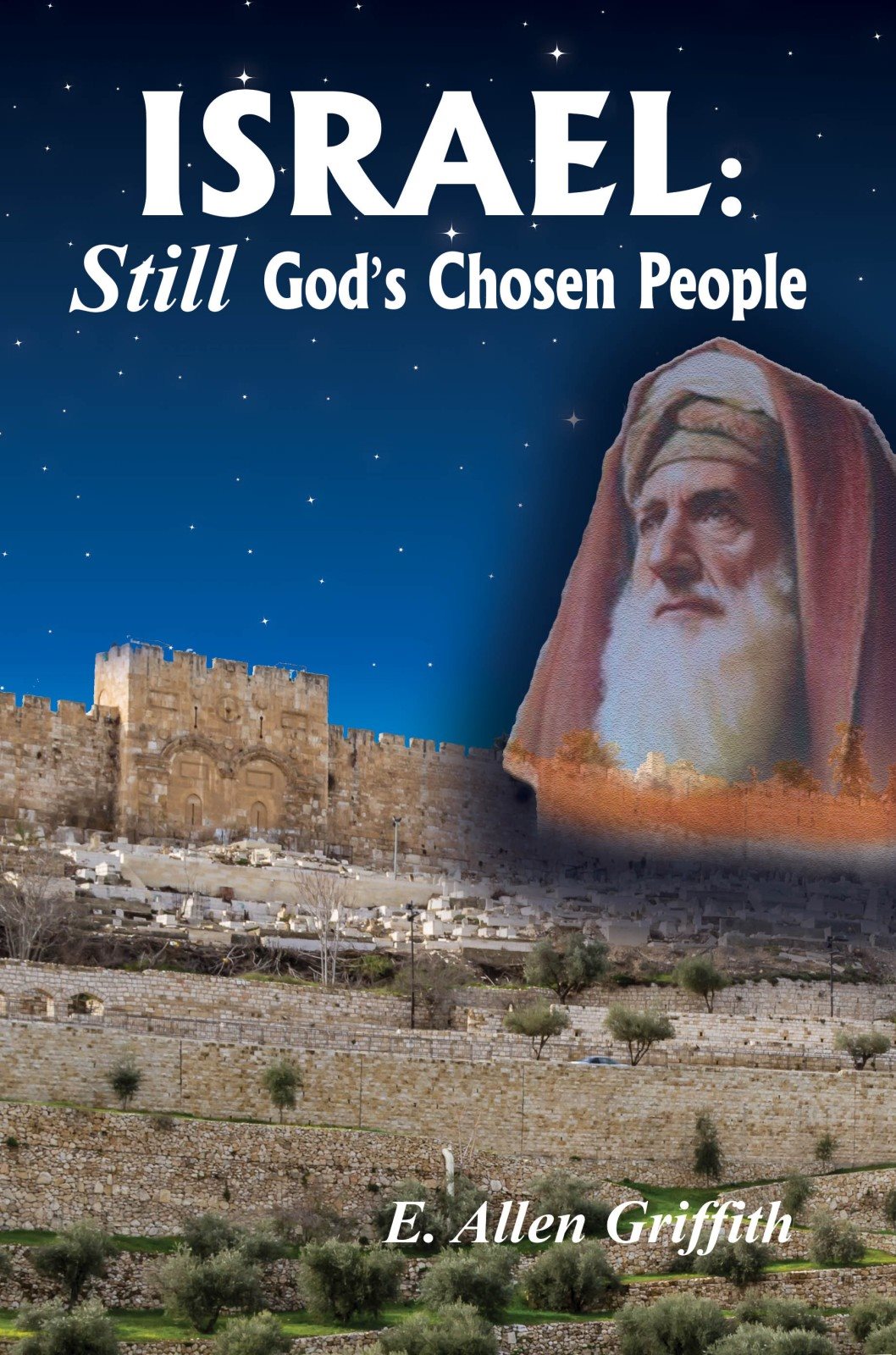
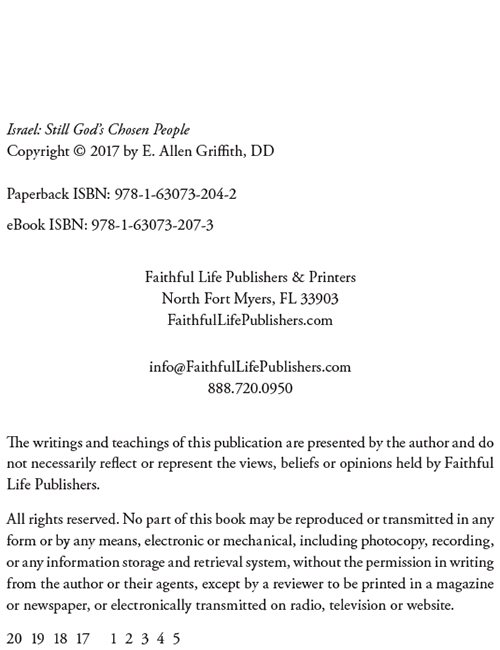
Preface
When anyone discusses what the Bible teaches about Israel, the approach to interpretation will determine what one concludes. It seems that more and more people are turning to the practice of allegorizing and spiritualizing the biblical text. This approach to Scripture puts the interpreter in charge, and allows him to assign meaning to the text out of his own reasoning and imagination. Covenant Theology and Replacement Theology follow this approach. This has led their advocates to claim that the Church has replaced Israel, and now receives spiritual blessings in place of the spiritual and physical blessings God promised to Abraham, Isaac, Jacob, and their seed after them. This view casts aside many Old and New Testament prophetic passages, leaving their message somewhat meaningless.
When one approaches the Bible following a literal/historical method of interpretation, the interpreter investigates and probes an authoritative Book. He believes exactly what it says, unless there is an obvious intent to use some particular figures of speech or symbolism.
An honest evaluation of the attitude of the Lord Jesus will reveal that the Savior used a literal/historical view of the Scriptures. The Lord believed there was a man named Moses, who actually saw a burning bush. He believed there was a man named Jonah who was swallowed by a great fish. He was so devoted to scriptural prophecy that He required a donkey, so He could literally fulfill the prophecy of Zechariah 9:9 to ride into Jerusalem to present Himself as King.
Peter saw no need to spiritualize Isaiah 53 when he joined the Ethiopian Eunuch on his chariot and led him to Christ.
While many passages offer challenges to understanding their full meaning, commitment to literal/historical interpretation will lead the Bible student to believe what the Bible says about history and what it says about the future. It will lead the Christian to take literally its message about Israels past and Israels future.
This book follows the literal/historical approach to interpretation which leads us to an exciting grasp of what the Lord is doing today and what He will do tomorrow, in harmony with the message of the prophets. That view turns our attention to the Promised Land and Gods promises to Abraham, Isaac and Jacob.
The Issue at Hand
Someone once said, If you want proof of the Bible, look at Israel. Today there are approximately 6 million Jews in Israel, 6 million Jews in the United States and another 3 million Jews scattered around the rest of the world. Terms can be confusing because Israel is properly used in two ways. It defines a nation of people, who descended from Abraham, Isaac and Jacob, who are often called Jews. It also defines a physical country, the Land of Israel, which while being a Jewish State in the Middle East, has many non-Jewish citizens. Biblically, the nation of people will always be affiliated with the Land of Israel. God promised the Land to the Jewish people, which includes far greater territory than what is possessed today. Since God made the promise, there have been times when few Jews were present in the Land; other times when Jews were in the Land, but were oppressed by other nations; and other times, such as today, when the Land was under Jewish control.
A critical issue in any discussion of Israel is their relationship with God. Historically, the presence of the people in the Land and the peace of the people in the Land, has been related to whether the Jews were obedient or disobedient to God, in belief and practice of his Word.
Today, many Jews are in the Land, but having rejected Jesus Christ as their promised Messiah about 2,000 years ago, the nation was placed under judicial blindness by the hand of God. Though individual Jews do believe on Christ in this age; the nation does not believe.
The question at hand is whether the nation will someday believe, and will they permanently possess the land God promised to them?
The First 2,000 Years of Human History
The history of the human race began with the record of creation in Genesis 1. Man was created on day 6 of Gods creative work. Within a seeming short period of time, mankind, in the persons of Adam and Eve, fell into sin and brought devastation to all the earthly creation. People, the animal kingdom and the earth itself were cursed. God responded to mans fall in Genesis 3:15 with the first promise of hope through a redeemer, the seed of the woman. The serpent would bruise his heel, but he would bruise the serpents head. Then the LORD introduced the shedding of blood, as the price of redemption, when he provided coats of skins to clothe the sinfully naked Adam and Eve, as recorded in Genesis 3:21.
The toll of sin on mankind had just begun. In Genesis 4, we are told Eve gave birth to her sons, Cain and Abel. Abel sought to approach God with the blood of a sacrificial lamb. He found acceptance with God. Cain refused to offer a blood sacrifice to God. His religious offering was the fruit of the ground , the product of his human effort. God rejected his offering, which resulted in Cains anger toward God and hatred of his brother. He murdered the righteous Abel and became a fugitive and a vagabond in the earth. Civilization developed through the descendants of Cain, and generations of men lived in rebellion against their creator.
When Adam and Eve were 130 years old, God gave them another son, whom they named Seth. According to Genesis 4:26, Seth had his first son Enos, and then men began to call upon the name of the LORD.
For over 1500 years the descendants of Cain and Seth filled the earth. In due time wickedness conquered all of humanity except for a man named Noah, a descendant of Seth. Noah, his wife, his 3 sons Ham, Shem and Japheth and their wives, refused the moral and spiritual collapse of their times, and remained faithful to God. In response to the corruption on the earth, the LORD brought a world-wide flood, which destroyed every human being, but the 8 members of Noahs family. They were saved on the ark, which God commanded Noah to build.
When Noah and his family got off the Ark, God, in Genesis 9:6, established human government. Within less than 100 years, Nimrod, a grandson of Ham, established a kingdom in Babel. He discouraged people from scattering, though God had instructed mankind to multiply and fill the earth. Nimrod built a tower to promote idolatrous practices in rejecting the worship of the true God. The Lord judged the people by confounding their language and scattered them abroad.
Humanity was in disarray. They were separated from one another and they were separated from the God who created them. For some 300 years they lived, neither seeking Him nor hearing from Him.
The Call of Abraham A New Chapter in Human History
After many years of silence, God intervened in human history. Out of all the heathen people on the earth, He appeared to one man. He was a descendant of Shem, the son of Noah. His name was Abram, and he was born about 225 years after the destruction of the Tower of Babel (Genesis 11). He lived in the city of Ur among the tribes of the Chaldeans, in the region of Mesopotamia. Mesopotamia means land between the rivers. The rivers are the Tigris and the Euphrates, which means ancient Mesopotamia would include todays Iraq. It is thought by many that Ur may not have been far from Babel.

